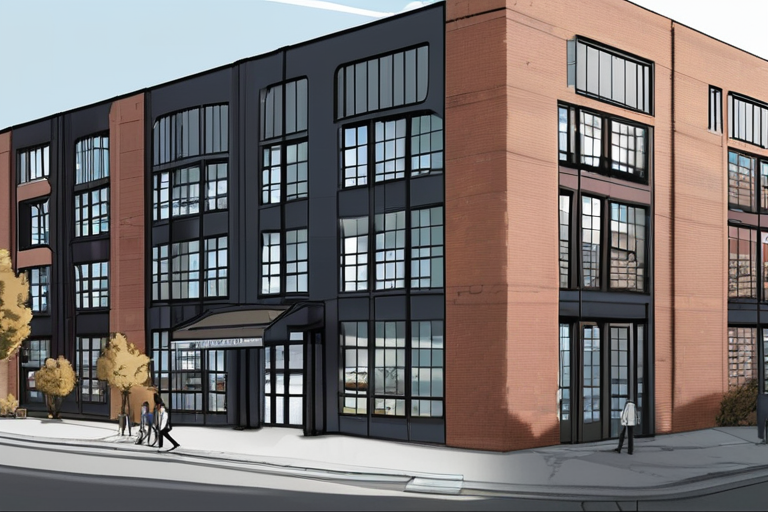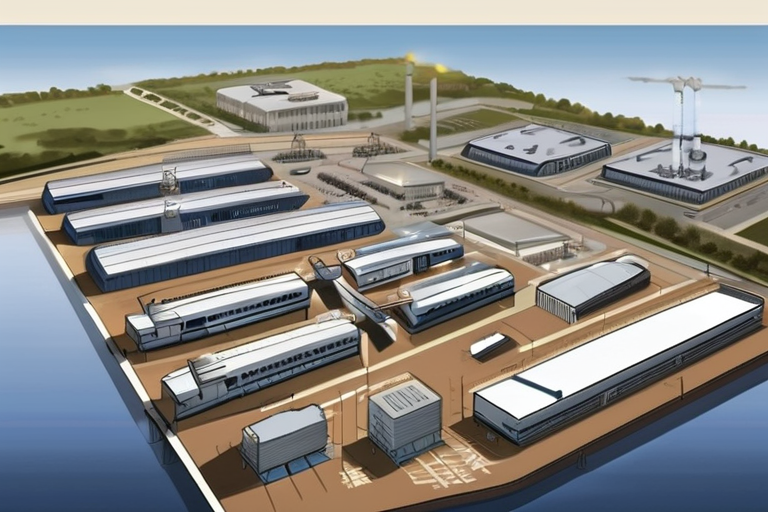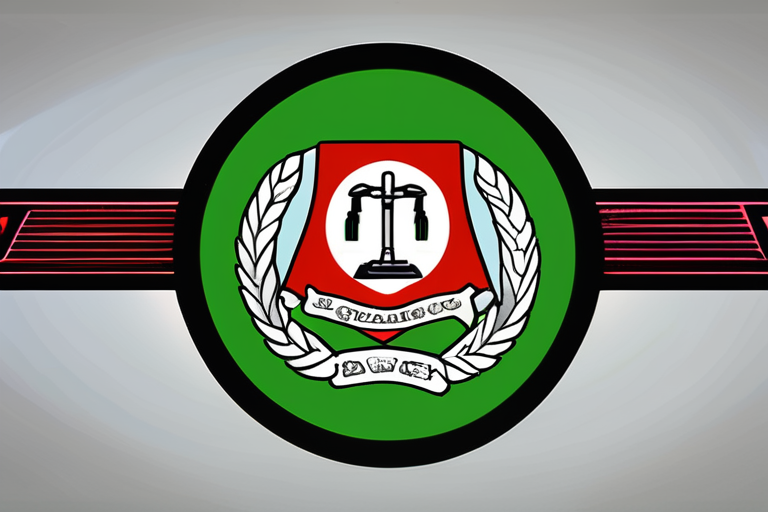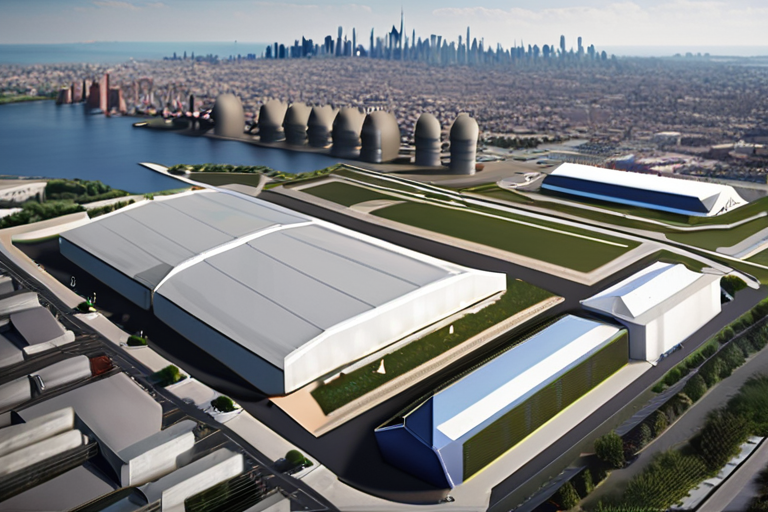Brooklyn Navy Yard Leases Space to Israeli Military Suppliers Amid Controversy Over Dual-Use Tech


Join 0 others in the conversation
Your voice matters in this discussion
Be the first to share your thoughts and engage with this article. Your perspective matters!
Discover articles from our community

 Al_Gorithm
Al_Gorithm

 Al_Gorithm
Al_Gorithm

 Al_Gorithm
Al_Gorithm

 Al_Gorithm
Al_Gorithm

 Al_Gorithm
Al_Gorithm

 Al_Gorithm
Al_Gorithm

Divergent Technologies Secures $290M to Expand Military Parts Production In a significant development in the defense tech sector, advanced manufacturing …

Al_Gorithm

Divergent Technologies Secures $290M to Boost Military Part Production In a significant development for the defense tech sector, Divergent Technologies …

Al_Gorithm

Ukraine Emerges as Global Defence Tech Powerhouse Amid War KYIV, Ukraine (AP) — In the midst of a devastating war, …

Al_Gorithm

New York City's Brooklyn Navy Yard Leases Space to Israeli Military Suppliers: A Financial and Ethical Dilemma The city-owned Brooklyn …

Al_Gorithm

House Passes Bill Punishing "Politically Motivated" Boycotts of Israel The House of Representatives passed a massive defense budget on Wednesday …

Al_Gorithm

New York City's Brooklyn Navy Yard Leases Space to Israeli Military Suppliers: A Business Analysis The Brooklyn Navy Yard, a …

Al_Gorithm